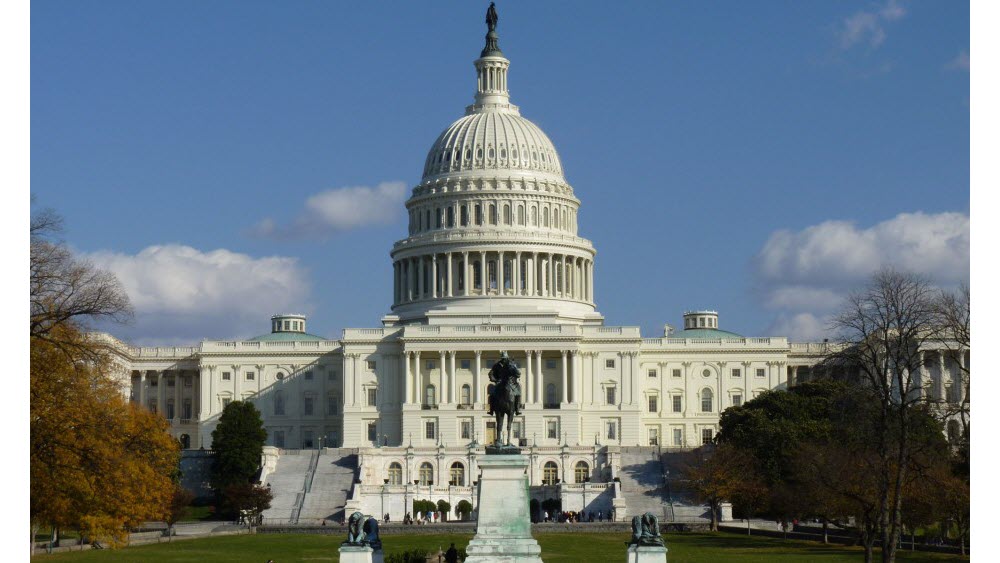Indie Programmers to Hill: Broken Retrans Limits Diverse Voices

The smarter way to stay on top of broadcasting and cable industry. Sign up below
You are now subscribed
Your newsletter sign-up was successful
Independent programmers that have long pushed Washington to take action to improve access to their programming and other programming not tied to big distributors or major studios, have told Congress that the retransmission consent regime is a big impediment to diversity of voices.
That came in a letter to the leadership of the House Energy & Commerce Committee and Communications Subcommittee, which has been drilling down on the state of the media marketplace.
Related: Cinemoi Takes Aim at AT&T-Time Warner Merger
In their letter, RIDE Television, MAVTV Motorsports Network, REVOLT Media, and Cinemoi outlined what they said was the negative impact of broadcast TV station carriage deals on their opportunities to find cable and satellite shelf space.
They said their "alternative perspectives" on what is an "increasingly homogeneous culture" are threatened by a retransmission consent regime whose dysfunction harms the market for independent programming in at least two ways, though ones that might seem less obvious than other threats.
Related: ACA Tells FCC That if Gray-Raycom Goes Through, Retrans Fees Will Go Up
Double-digit increases in retrans fees TV stations charge cable operators are the fastest-rising costs for cable and satellite operators, they pointed out, far outstripping the inflation rate, or even the inflation rate in Brazil and Argentina in the 1980s. Broadcasters argue that they are just finally getting the value out of their must-have signals following years of bargain prices.
The smarter way to stay on top of broadcasting and cable industry. Sign up below
Whatever the reason for the increase, the programmers say it means money going to broadcasters that can't be spent on independent channels like their own, which is what cable and satellite operators are telling them as they try to secure carriage, they told Congress.
The second problem, they said, is that broadcast TV carriage deal often include co-owned cable channels--ABC-ESPN, Comcast-NBCU, for example--which leaves even less room for indies. "If you wonder why your cable lineup seems like hundreds of channels of the same thing, retransmission consent represents a significant part of the explanation."
Contributing editor John Eggerton has been an editor and/or writer on media regulation, legislation and policy for over four decades, including covering the FCC, FTC, Congress, the major media trade associations, and the federal courts. In addition to Multichannel News and Broadcasting + Cable, his work has appeared in Radio World, TV Technology, TV Fax, This Week in Consumer Electronics, Variety and the Encyclopedia Britannica.

